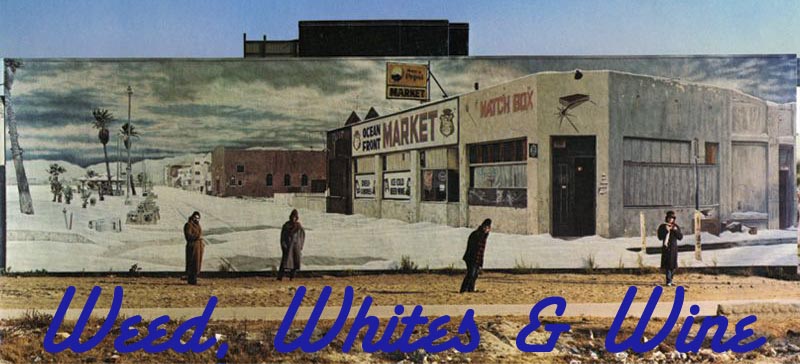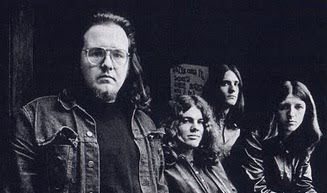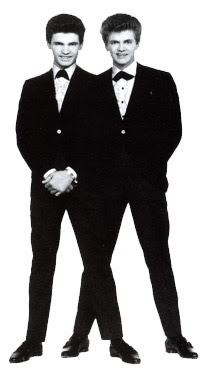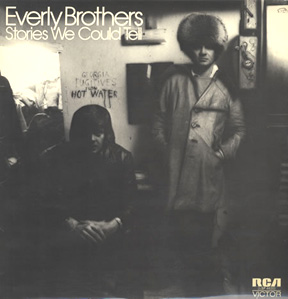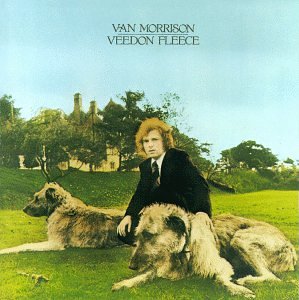 I can't stand tribute albums. Well, normally that's the case. Mostly they just fail to live up to the greatness of whomever or whatever they are attempting to pay tribute to. Usually it has to do with a lack of focus: too broad a spectrum of performers covering a wide range of styles by a particular artist and there's usually some song that just outright sucks, which makes it hard to listen to as an album.
I can't stand tribute albums. Well, normally that's the case. Mostly they just fail to live up to the greatness of whomever or whatever they are attempting to pay tribute to. Usually it has to do with a lack of focus: too broad a spectrum of performers covering a wide range of styles by a particular artist and there's usually some song that just outright sucks, which makes it hard to listen to as an album.Folkyeah and Grass Roots Records are responsible for this Graham Nash tribute record that can proudly stand right next to the album its paying tribute to: Songs for Beginners. Yes, it's a tribute album with songs by many different artists, but song for song it recreates Graham's spectacular solo debut album, which I previously discussed here. There's really not a bad song on the album, which has just as much to do with the solidity of Graham's original, but also the strength of the artists selected to cover them, among them: Bonnie 'Prince' Billy (aka Will Oldham), Vetiver, Nile Nash (Graham's daughter) and many others that I'm less familiar with but hope to become more familiar with in the time to come. Check out the promotional video they made, which has snippets of most of the songs:
"BE YOURSELF" GRAHAM NASH 2010 TRIBUTE ADVANCE EPK #2 promo from (((folkYEAH!))) on Vimeo.
If you're into vinyl, I suggest you order yours before it's too late - they only pressed 1000 and they did a superb job with gatefold cover, excellent artwork and nice thick vinyl. There's a bonus EP, which strangely I didn't receive (but hope to rectify that) but instead got the 7" single of Bonnie Prince Billy's song from the comp.
 Bonnie "Prince" Billy - Hombre Sencillo (Simple Man)
Bonnie "Prince" Billy - Hombre Sencillo (Simple Man)I was surprised to really like this one as I've had mixed experiences with Will Oldham. I know lots of people are fanatical about him, but I can take him or leave him depending on the song/album. This song, however, is making me want to revisit my position. By far, this is the most radical reinterpretation of any of Graham's songs on the album, yet even in its deviation I think it gets to the real heart of Graham's humble message to "be yourself". Sure, it sounds like a hippy cliche, but with the crap that gets paraded around as popular music, this message is more urgent than ever. They even made a little mini-movie which I highly recommend you watch.
Moore Brothers - Man in the Mirror
Beautiful harmonies from the group I've never heard above before, but will now keep my eyes peeled for "moore" to come.
Mariee Sioux (w/ Greg Weeks of Espers) - Sleep Song
Magical. Possibly my favorite song from Graham's album rivaling "I Used to be a King" (Vetiver does this version and while it's fantastic, surprisingly it's not one of my favorites from the tribute album) this lullabye reminds me a lot of another version I recently came across from Claudine Longet . . .
 Claudine Longet - Sleep Song
Claudine Longet - Sleep Song